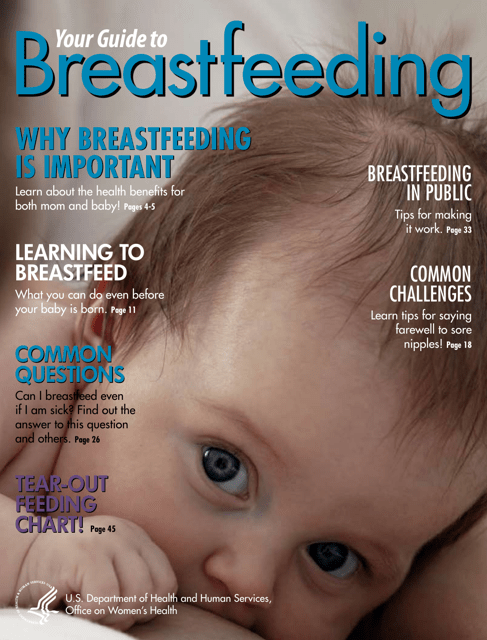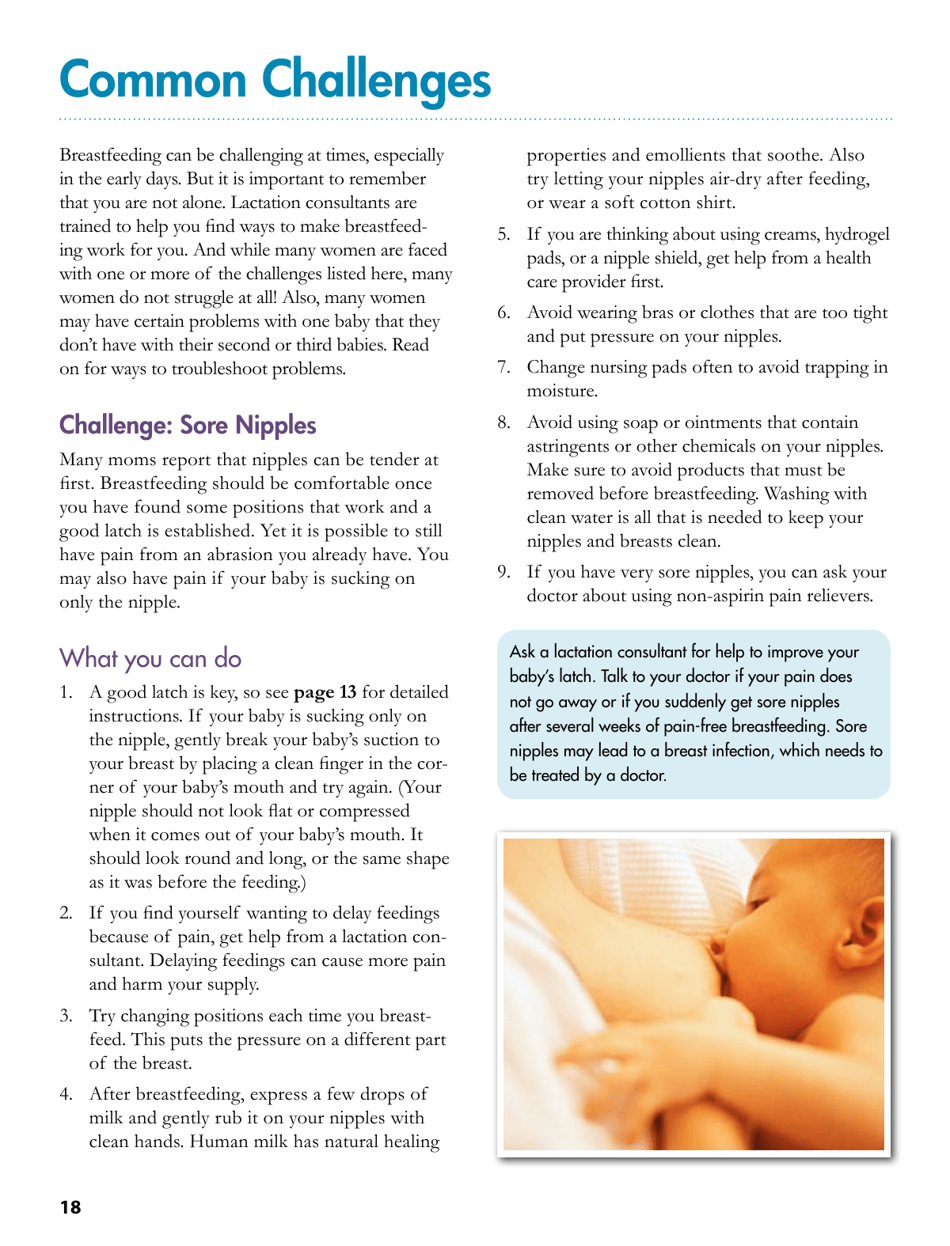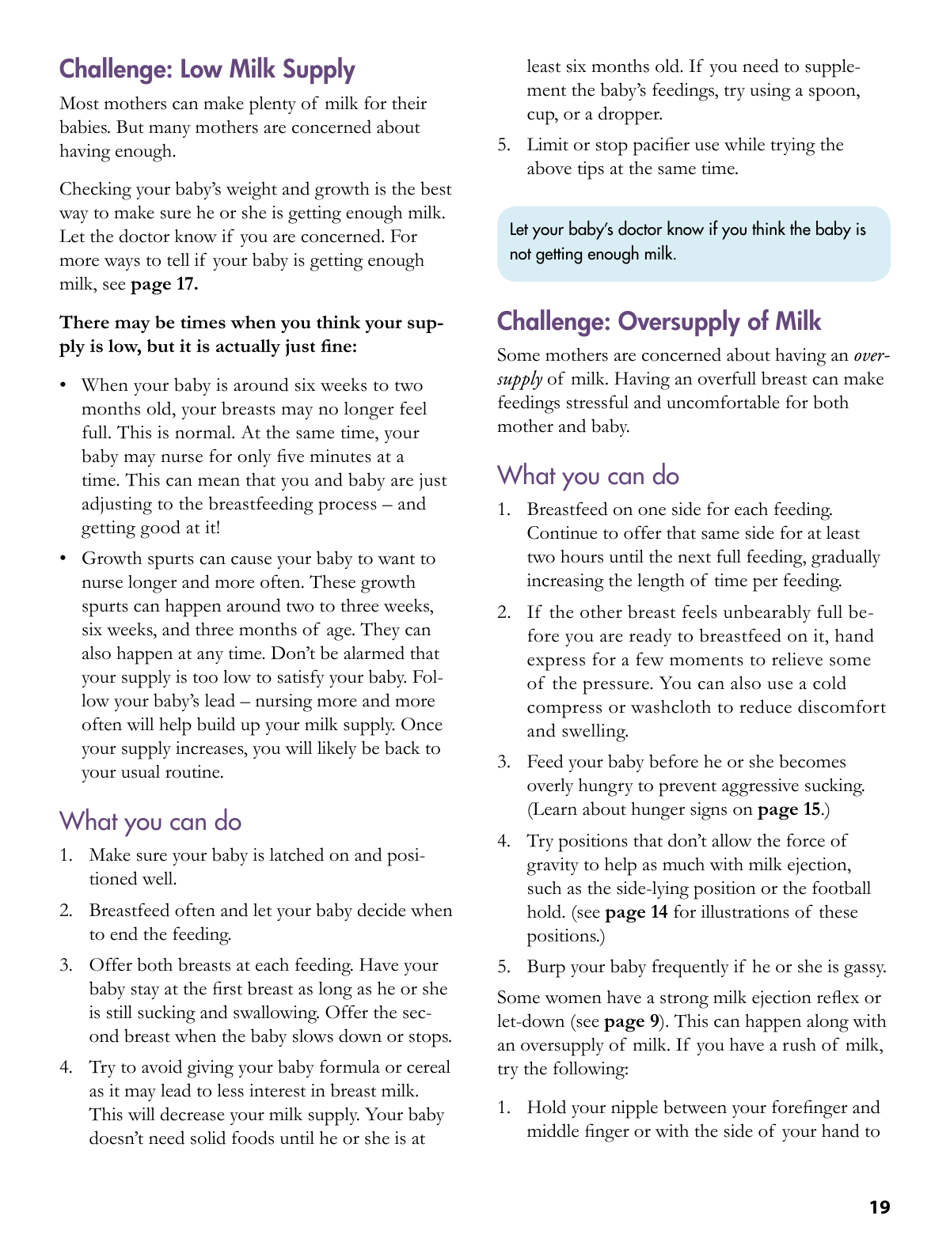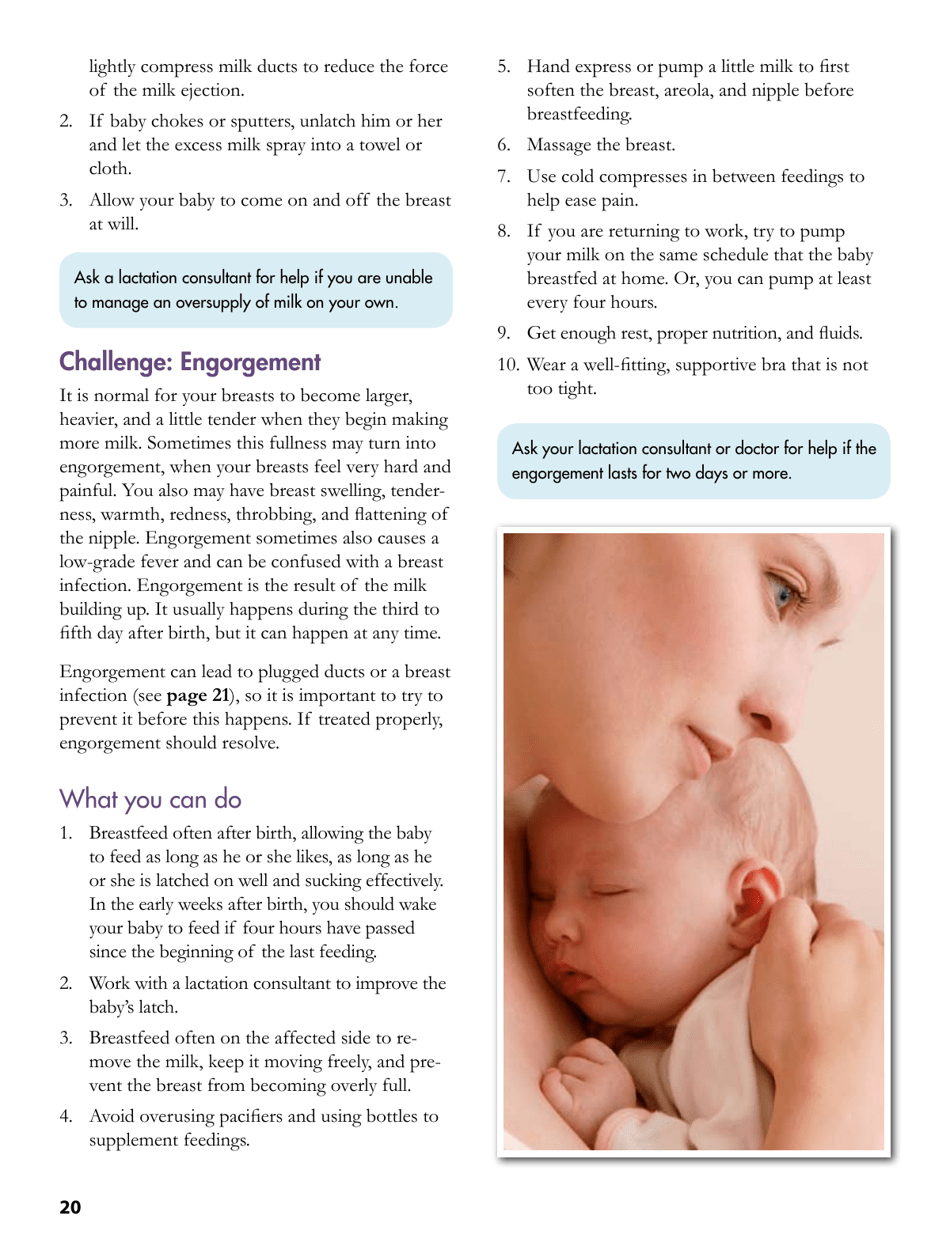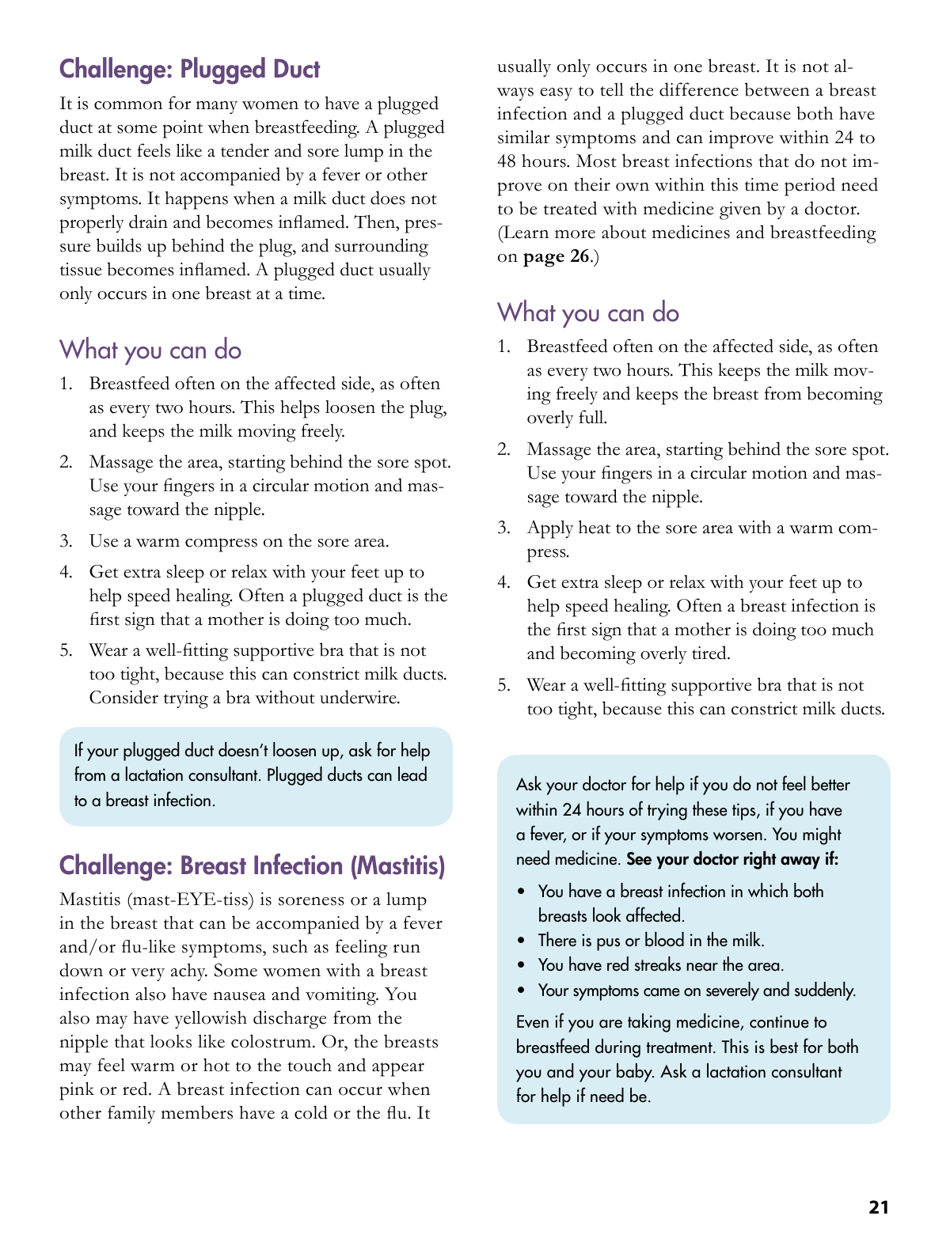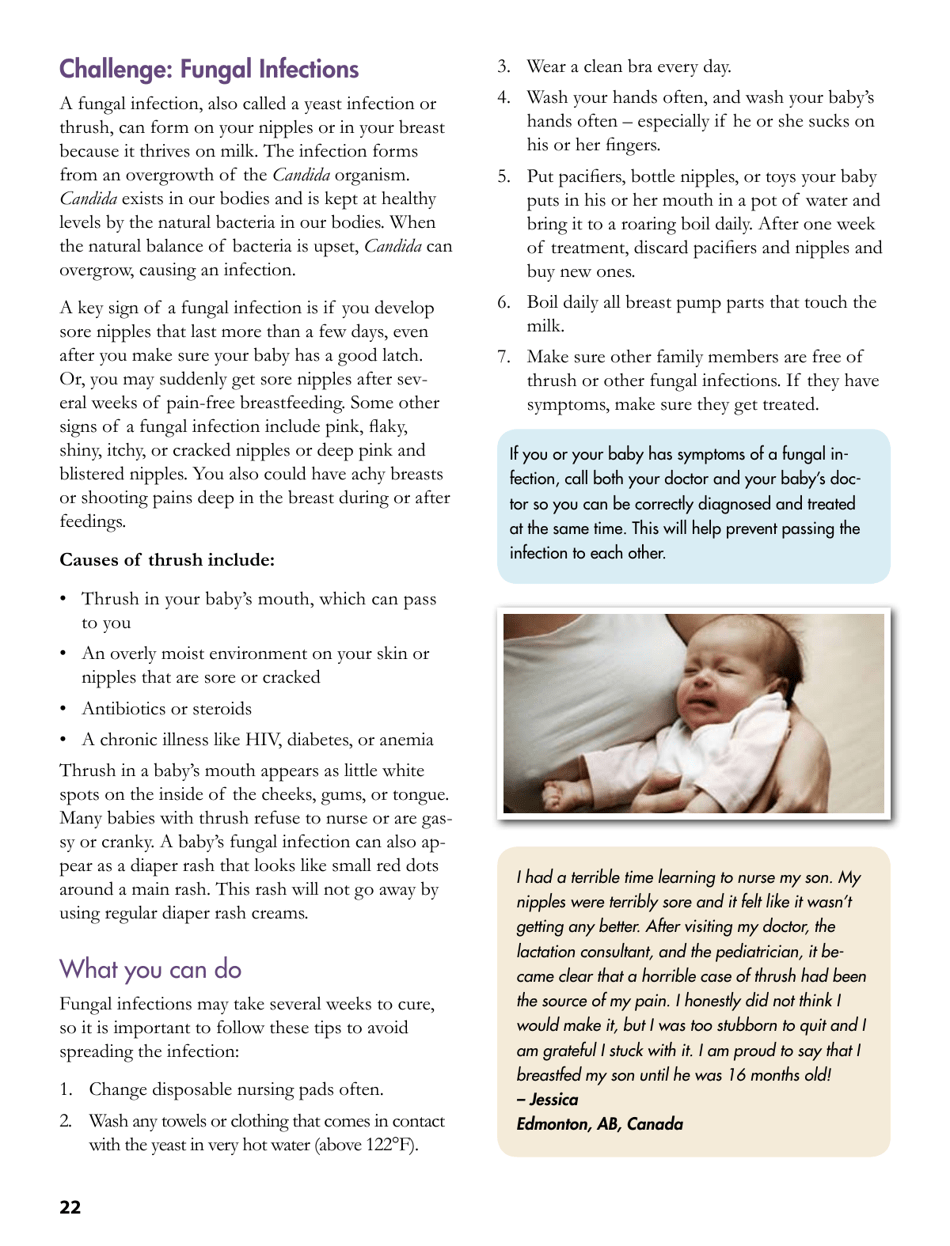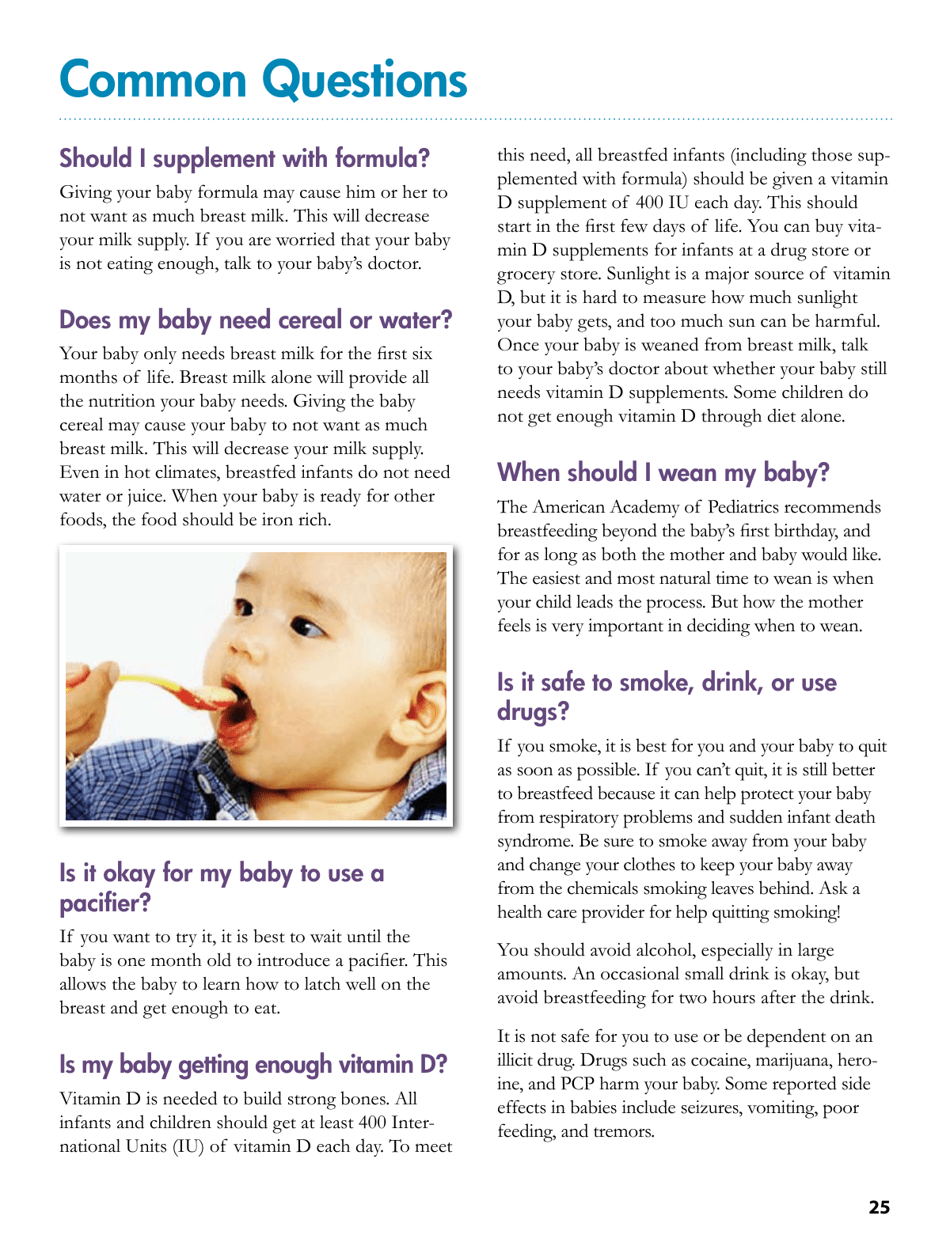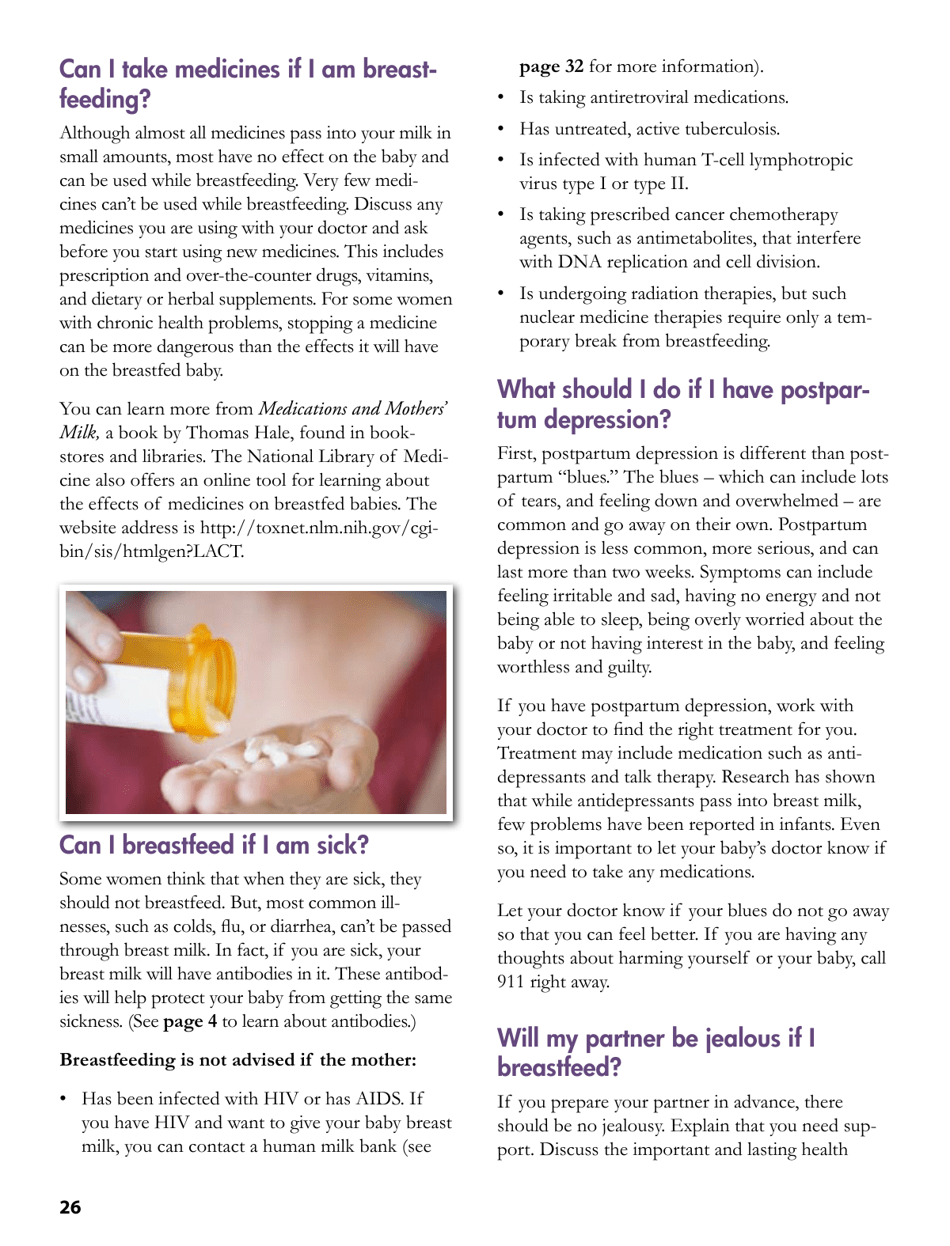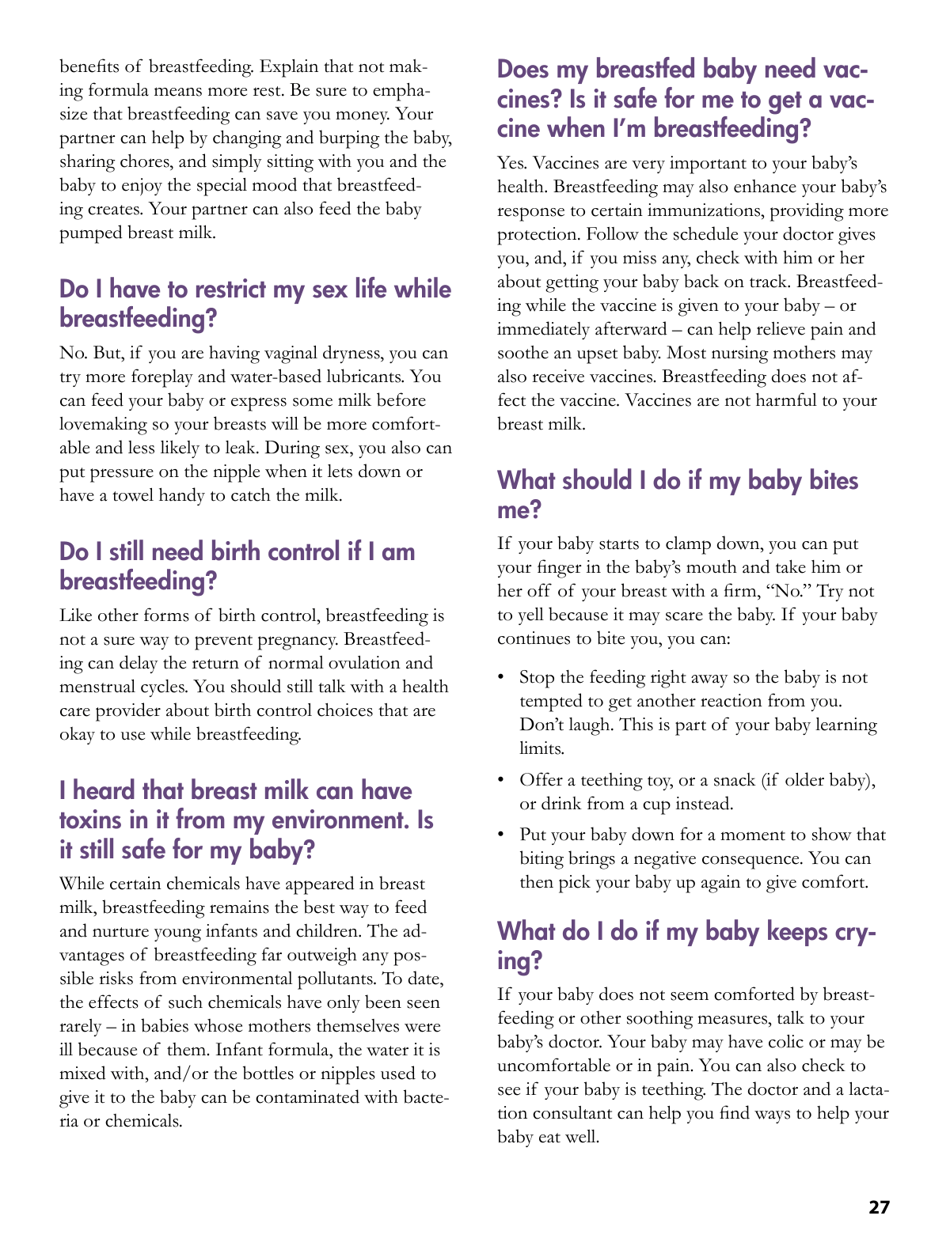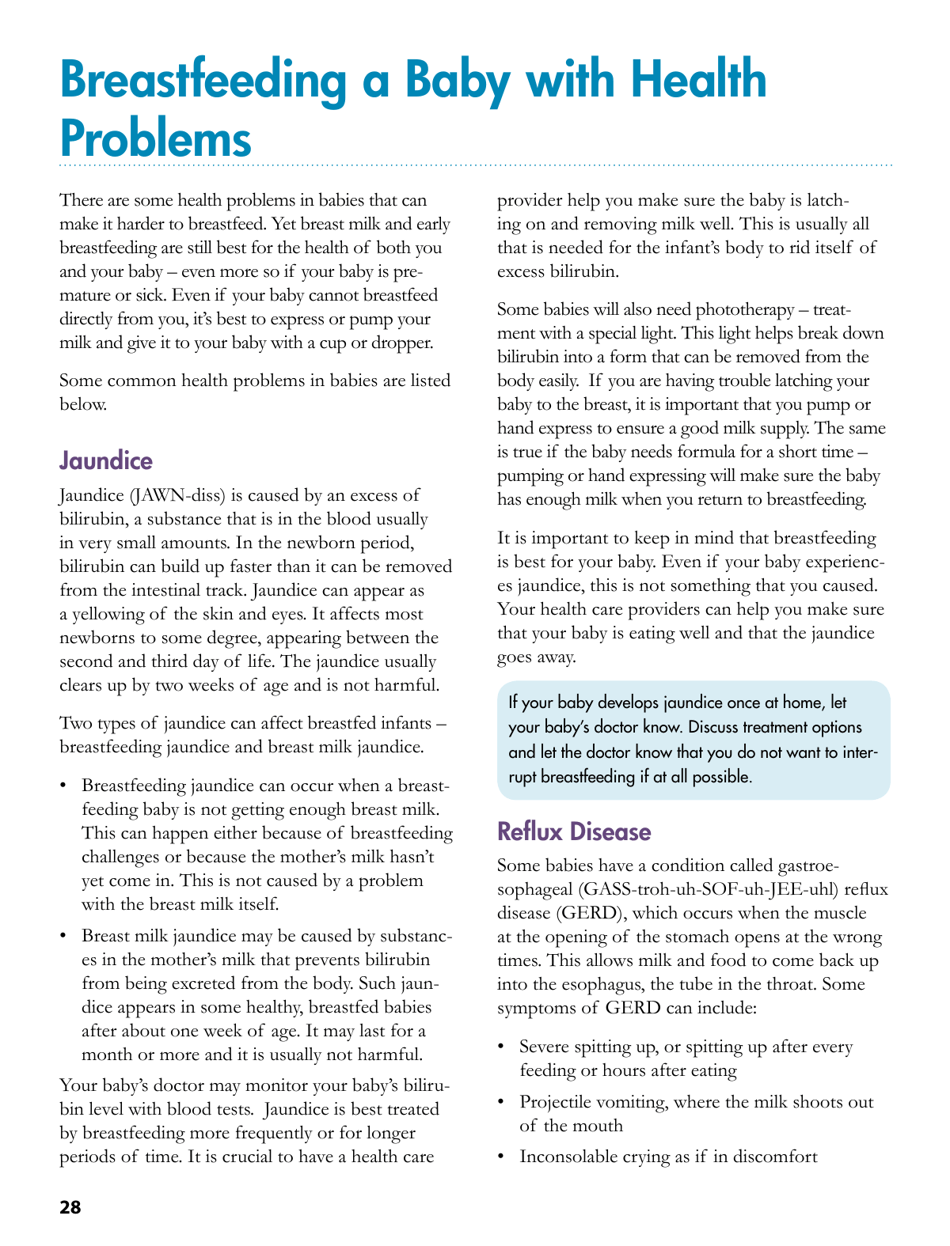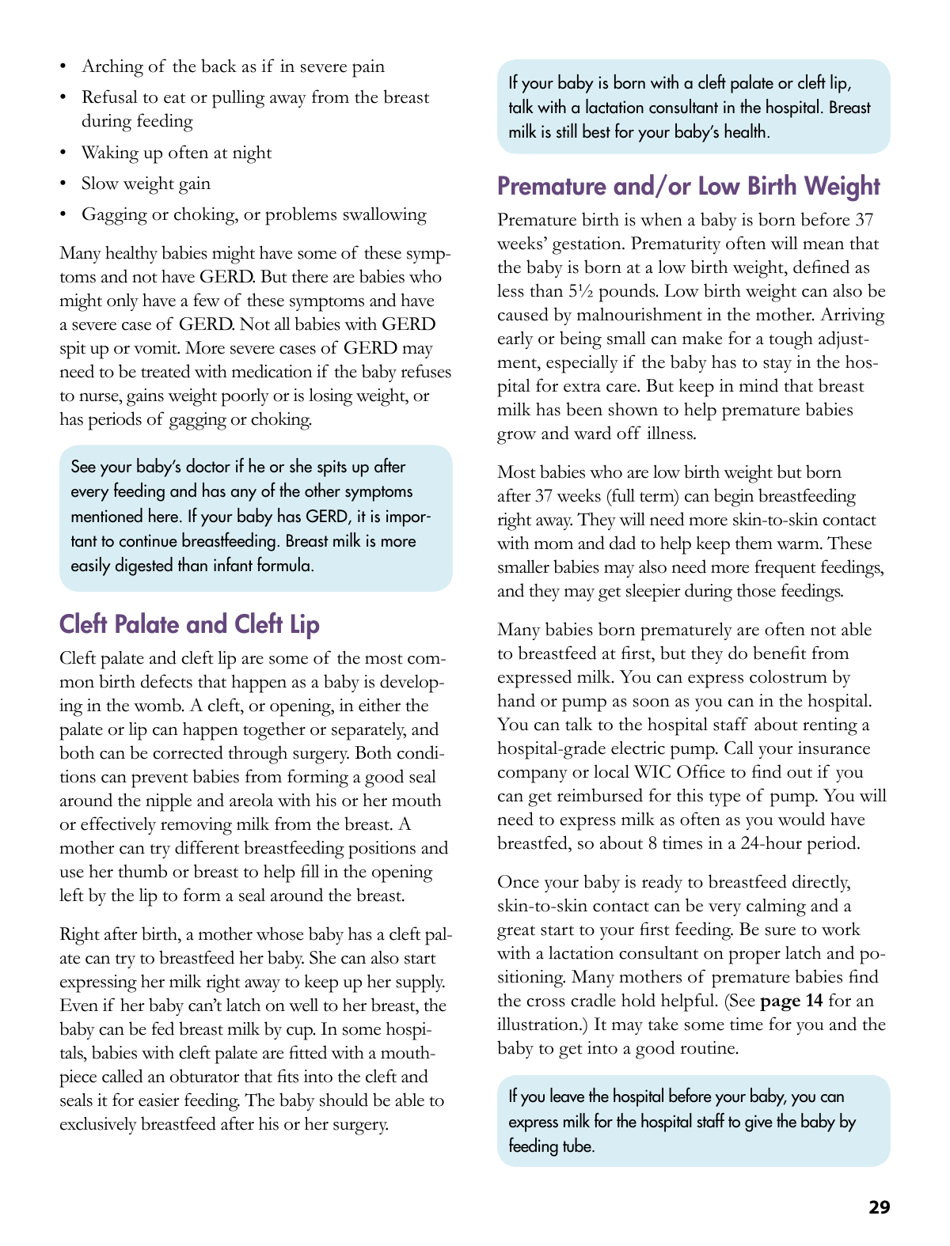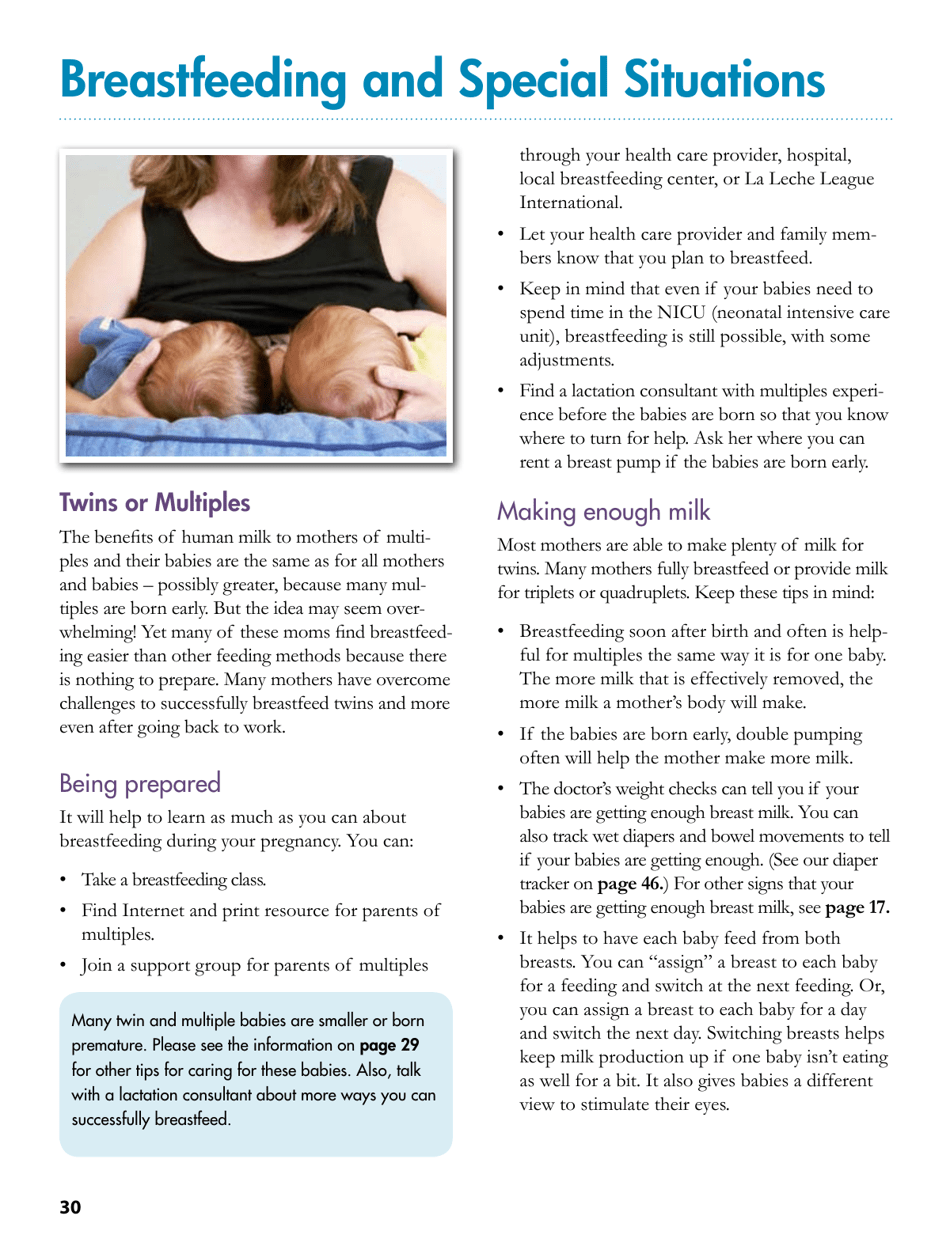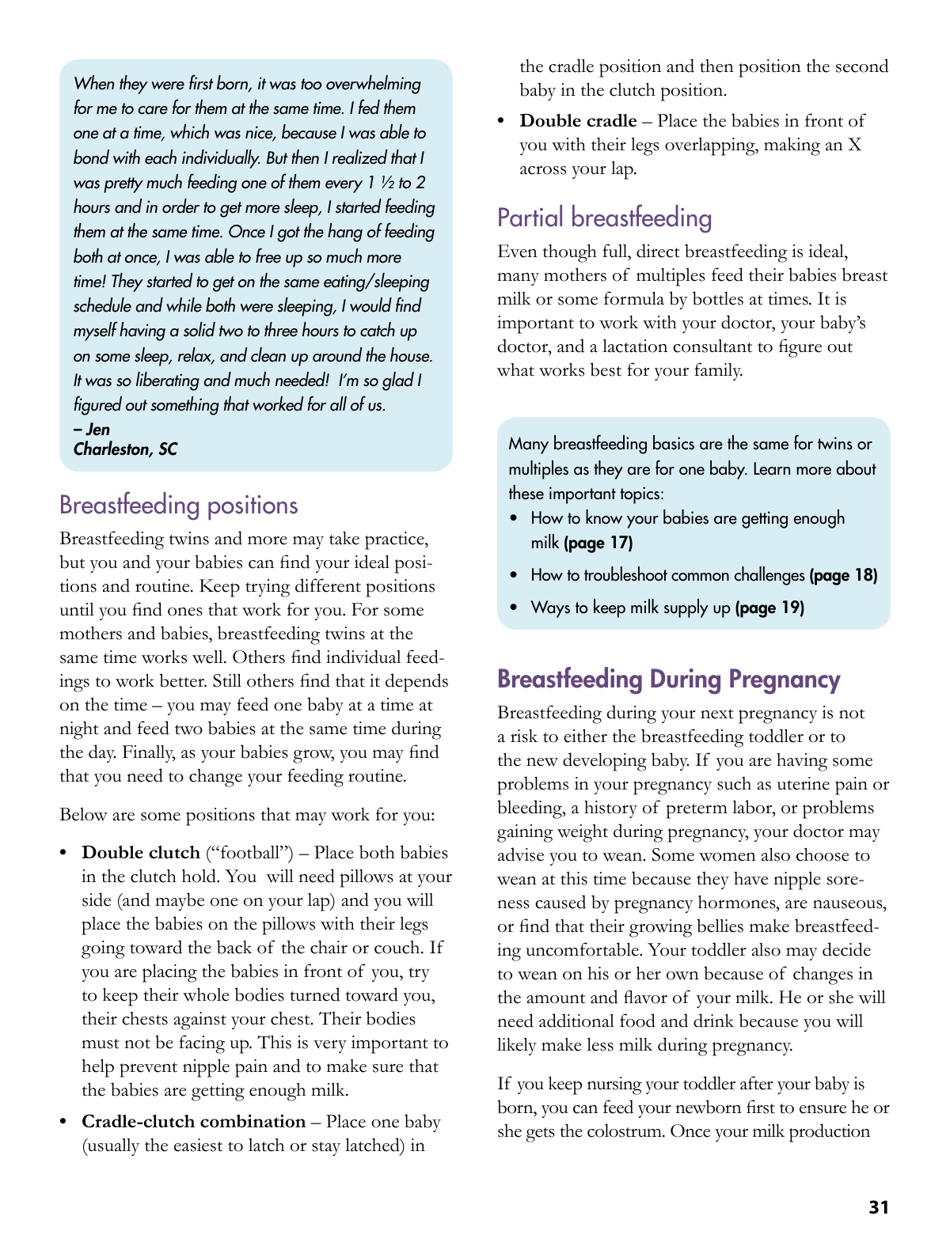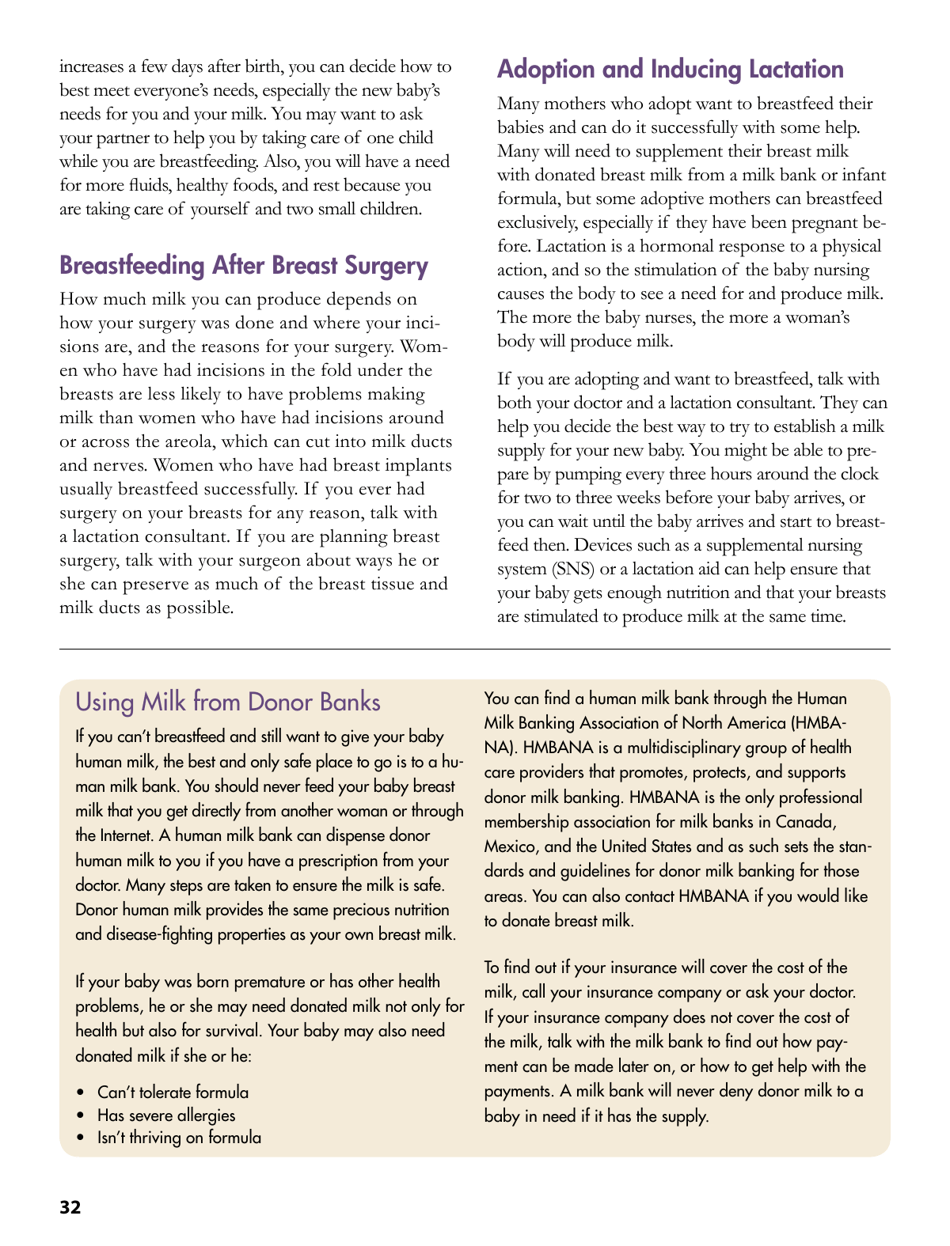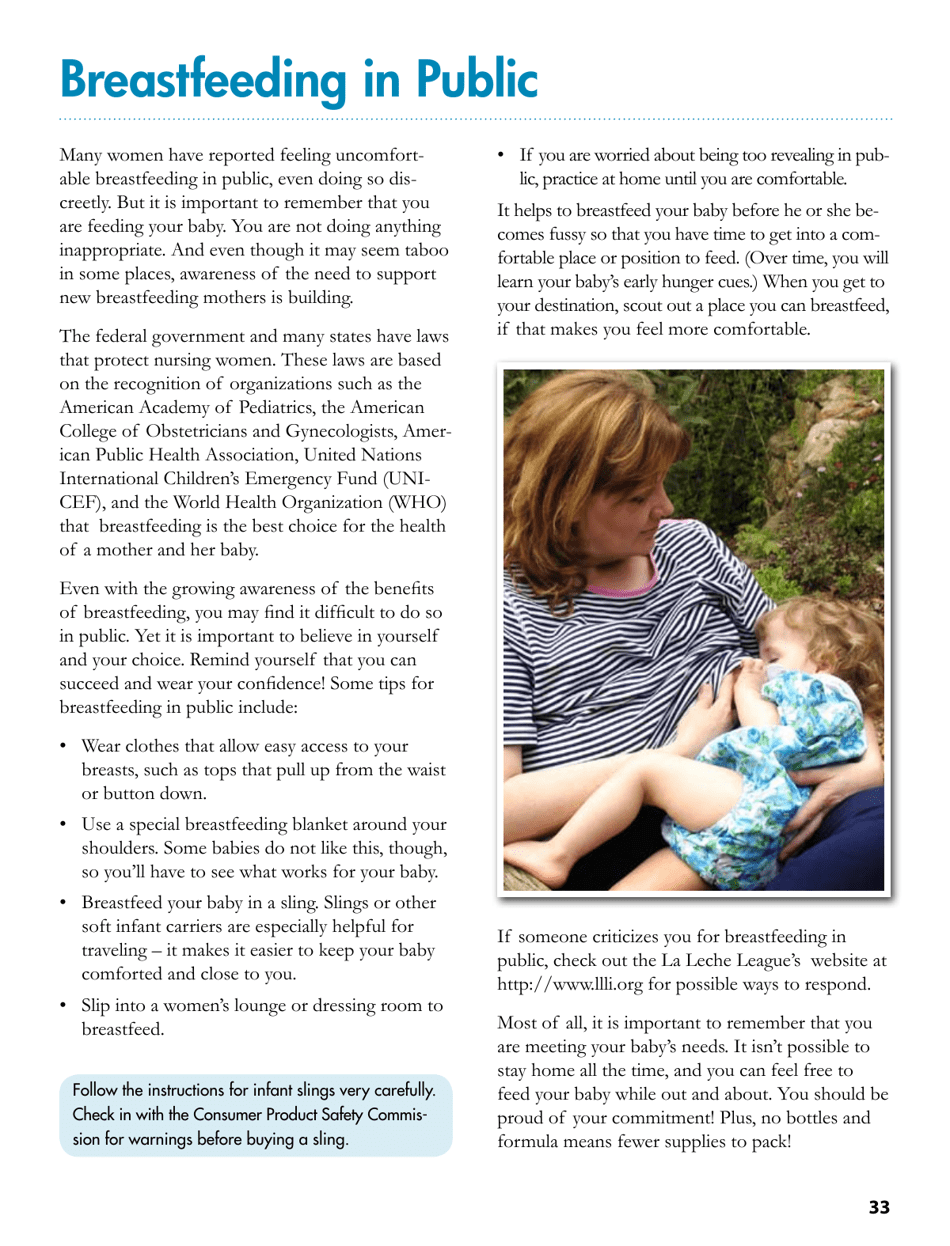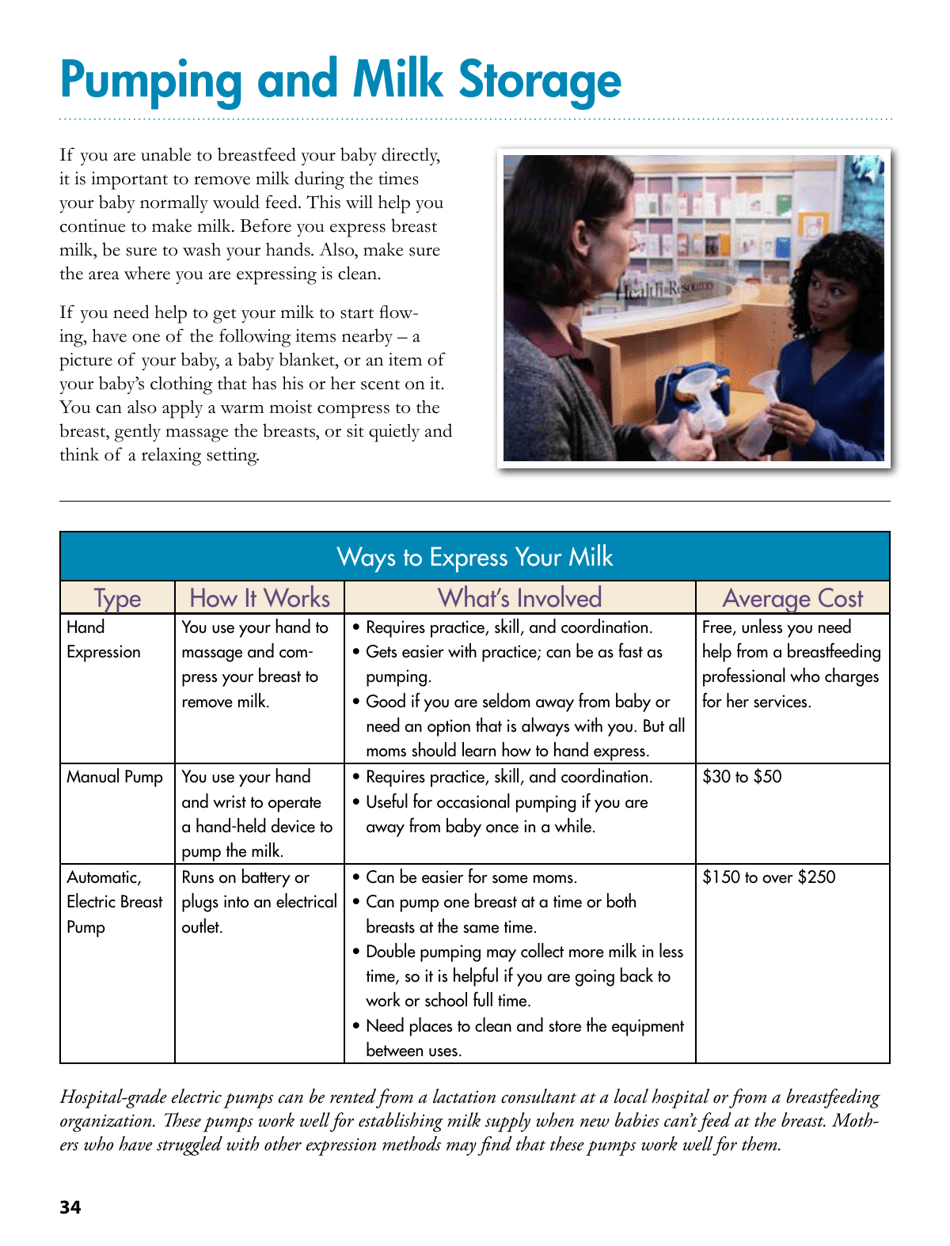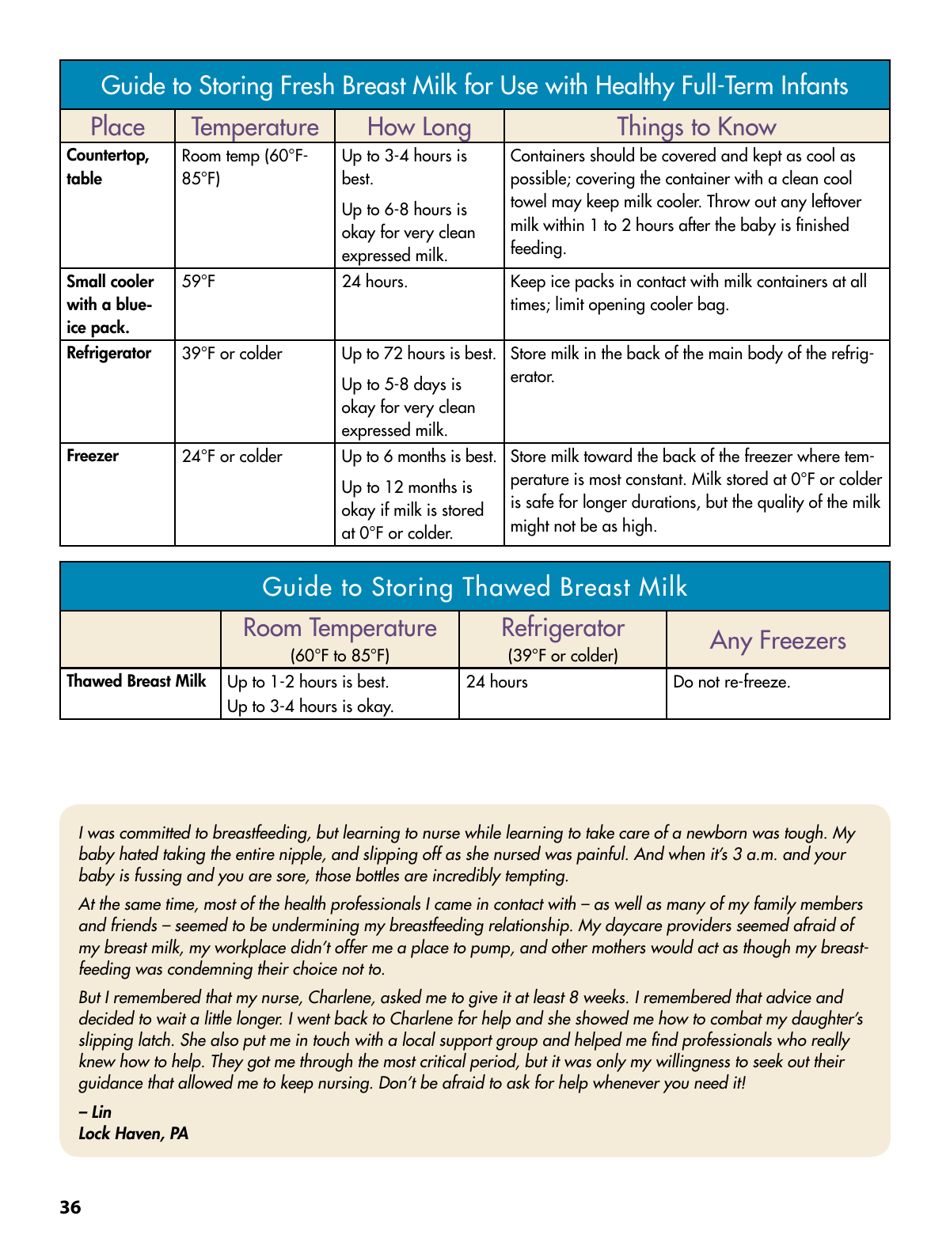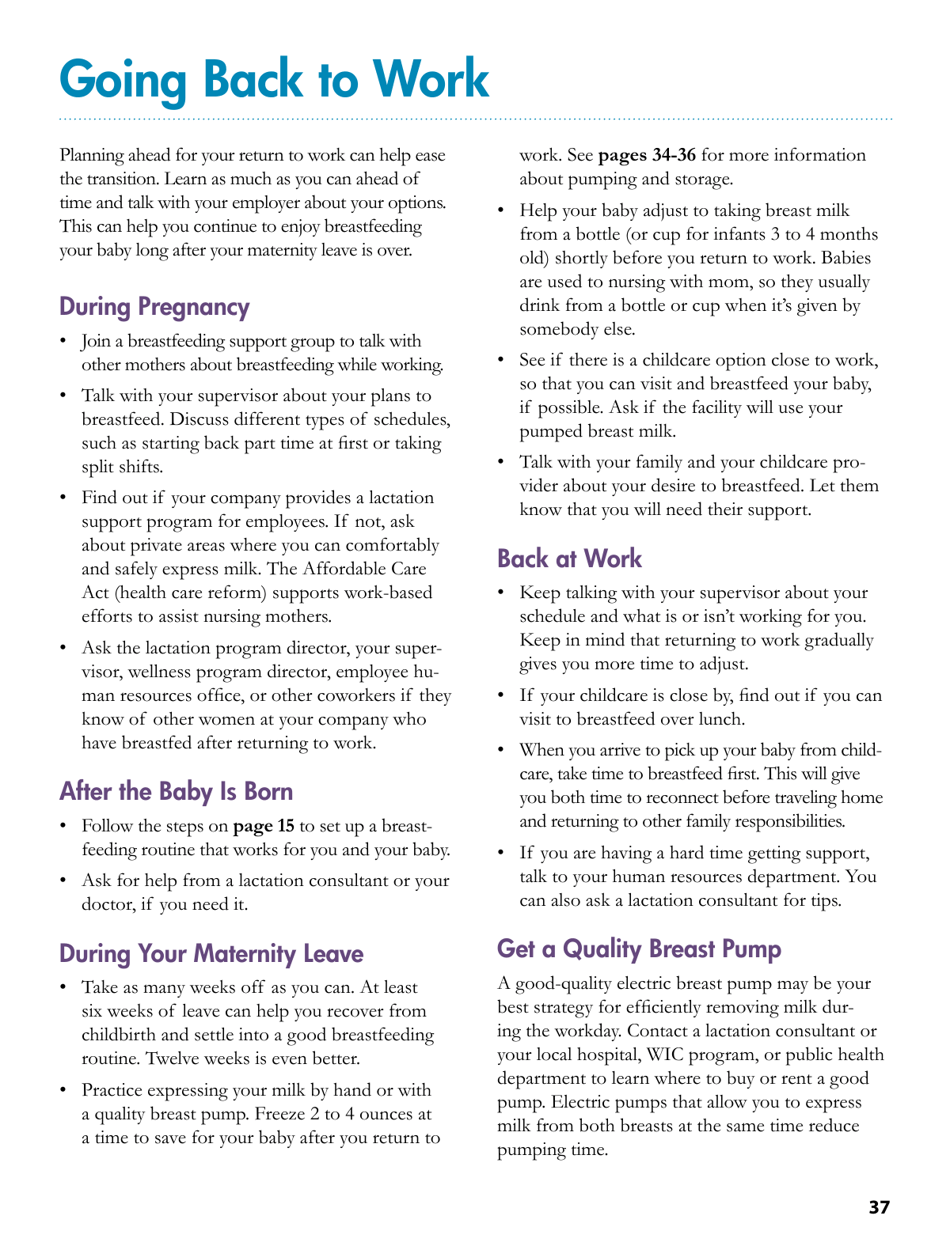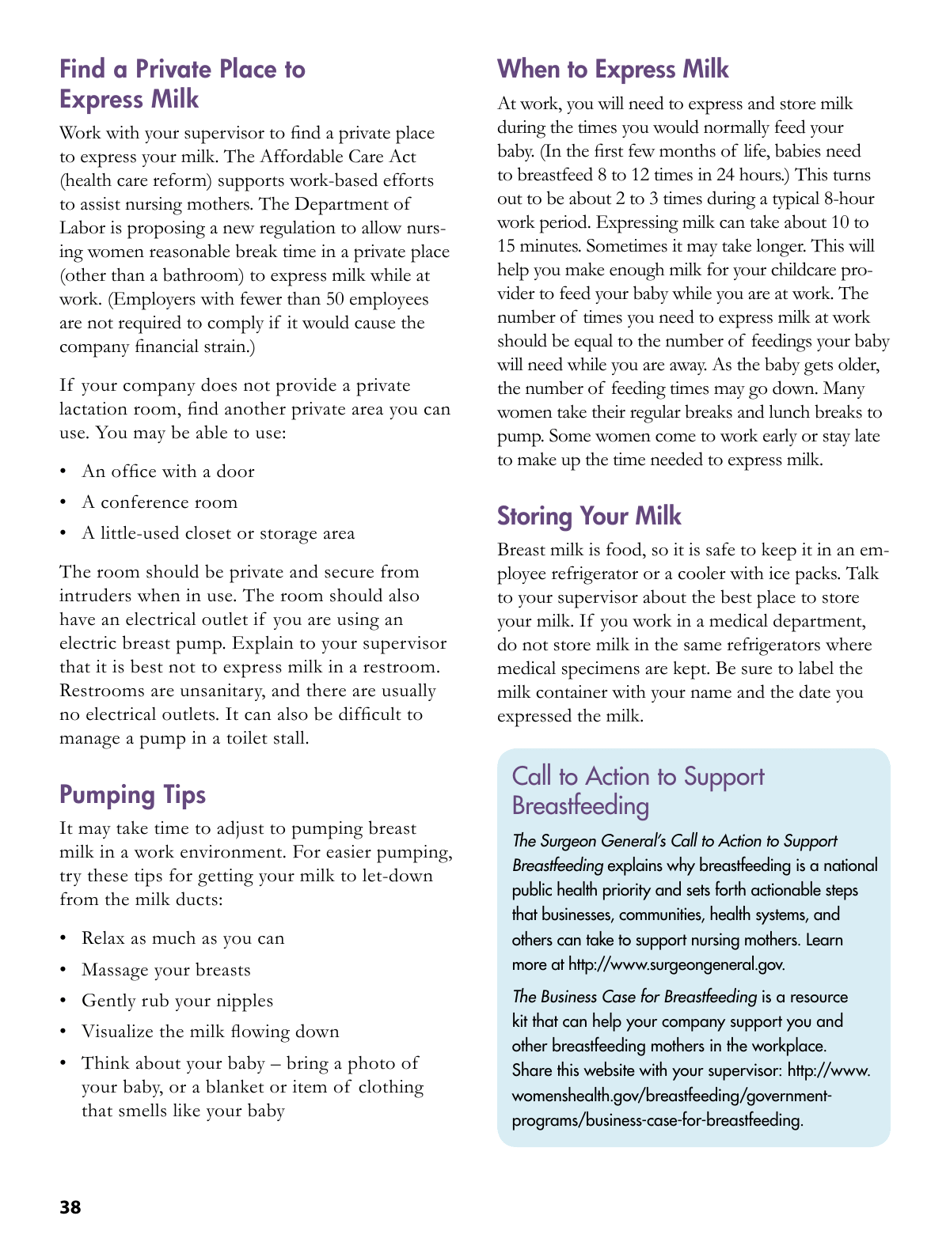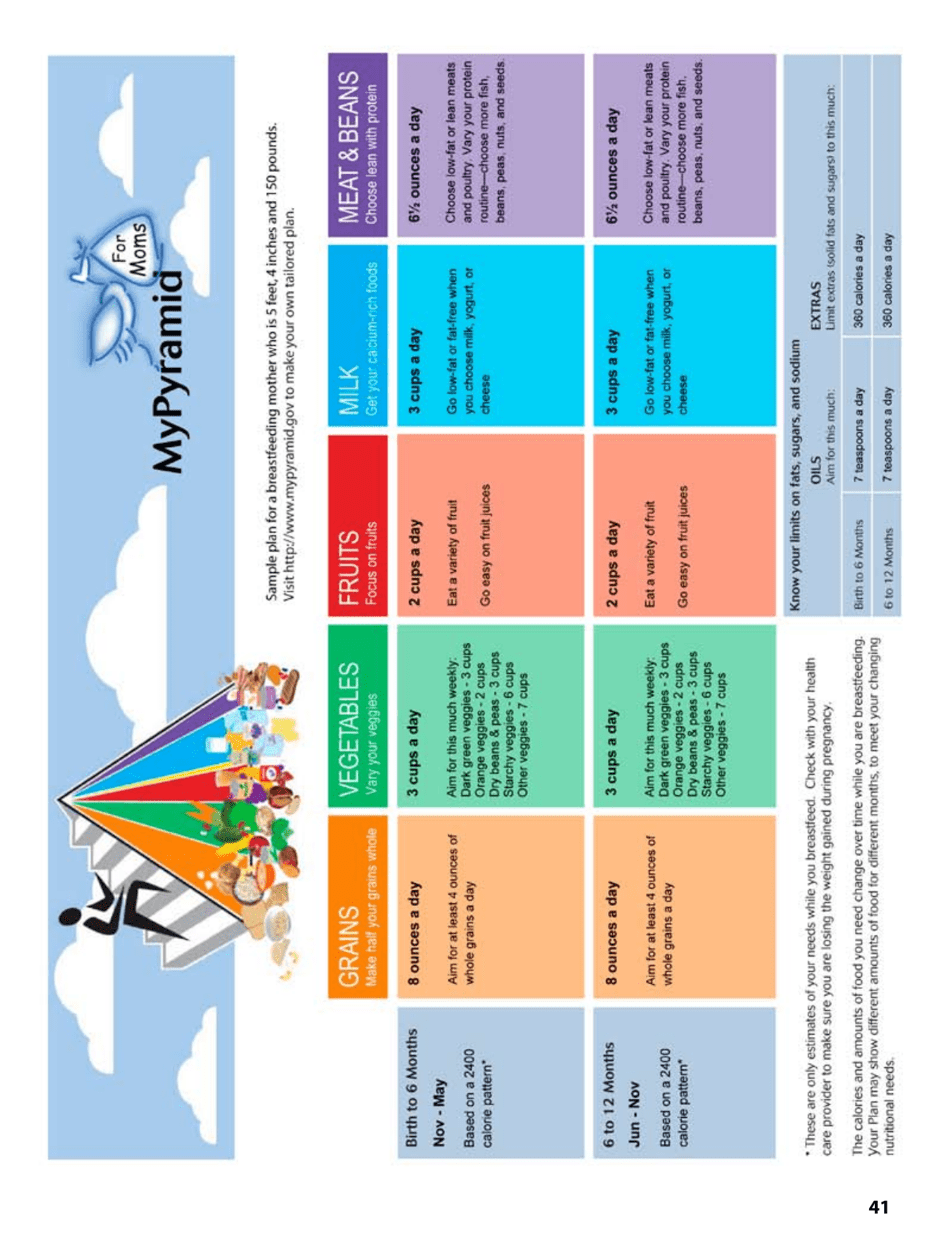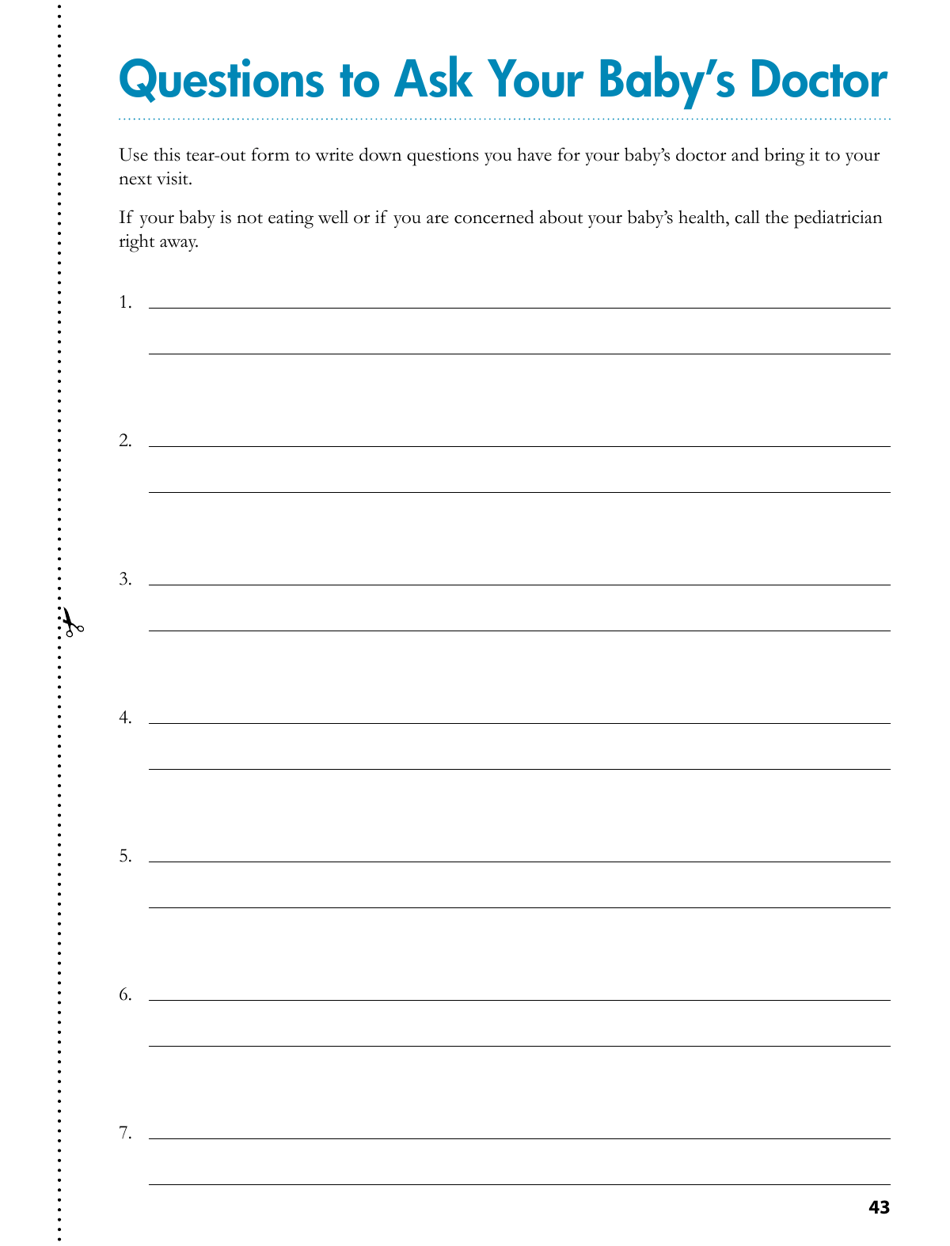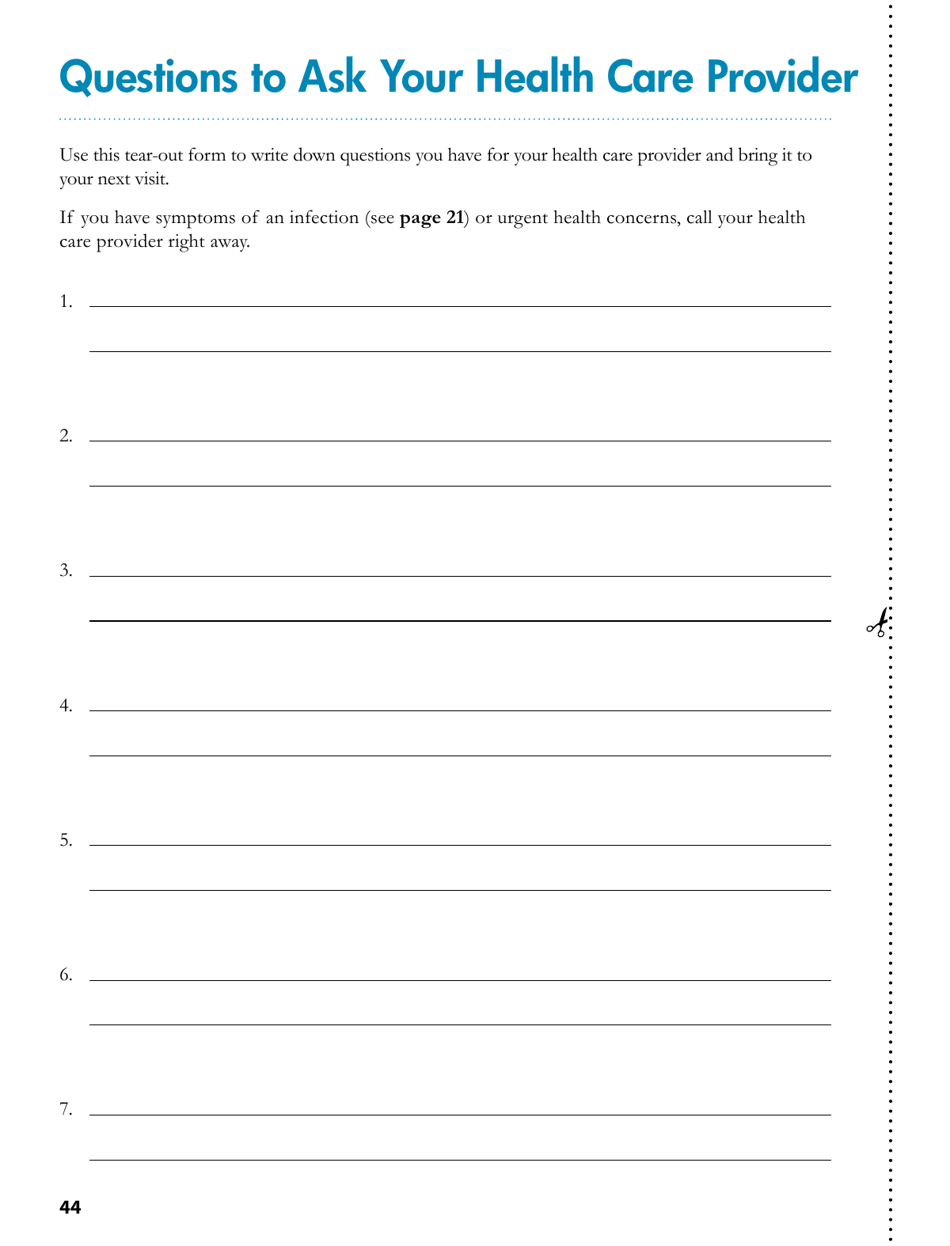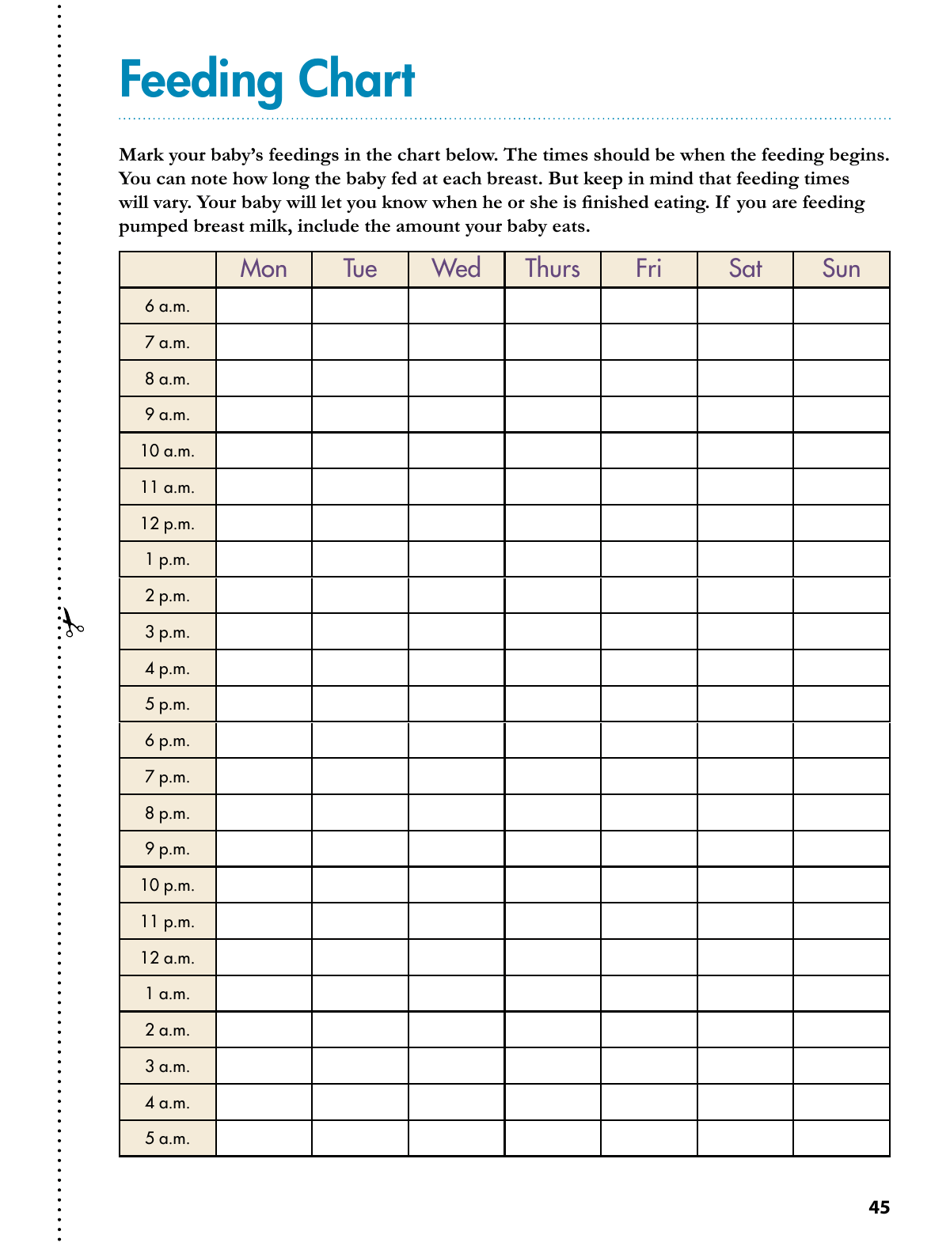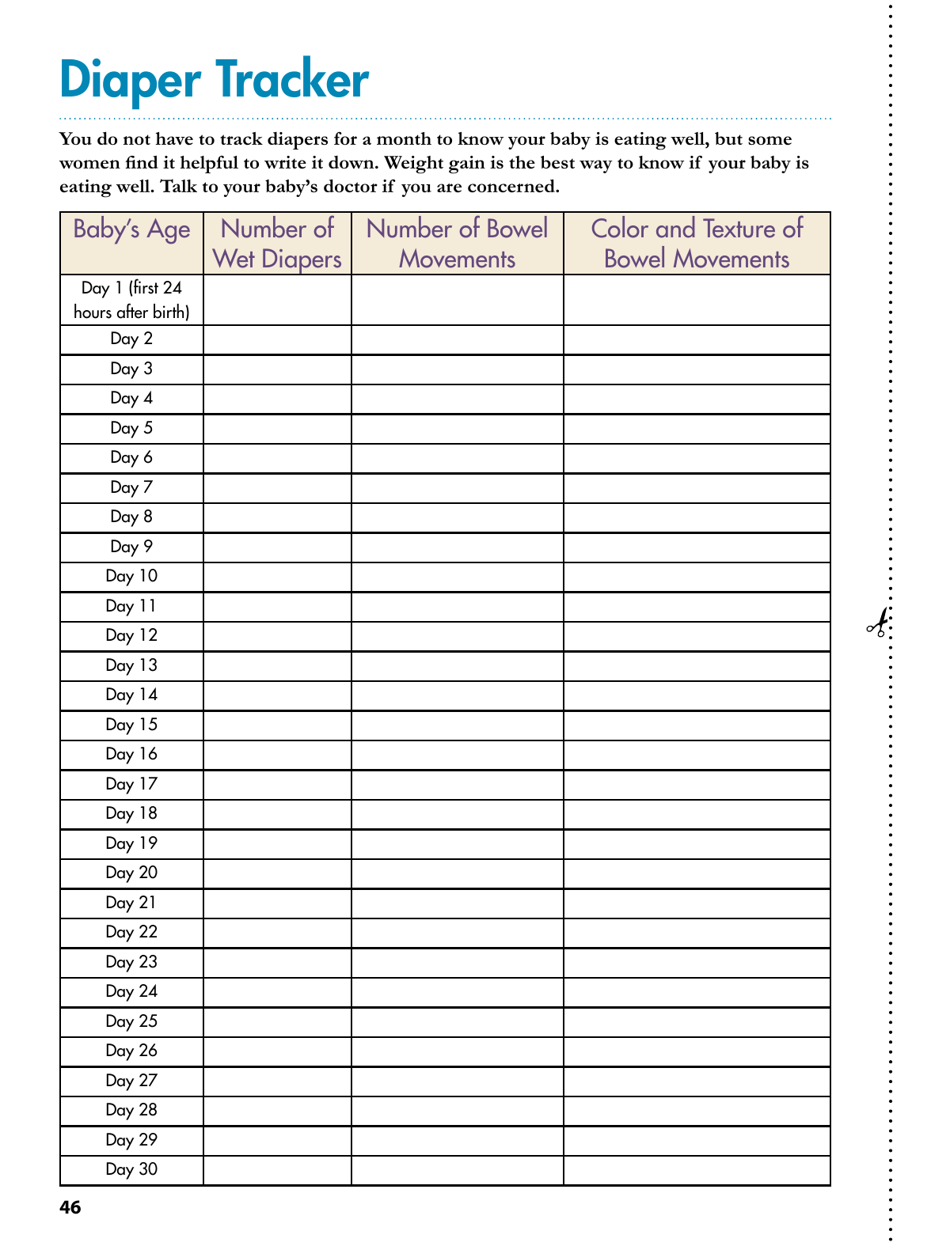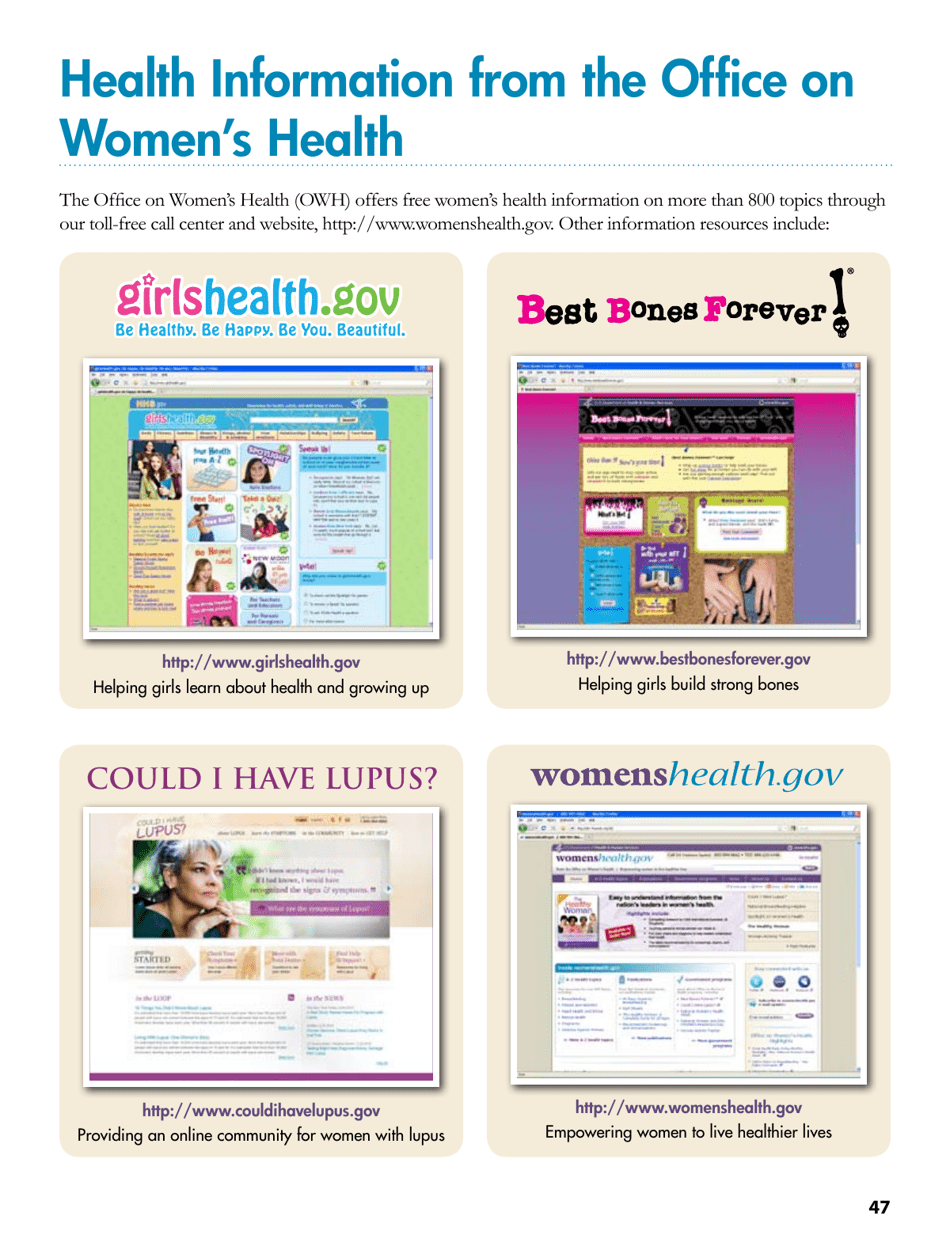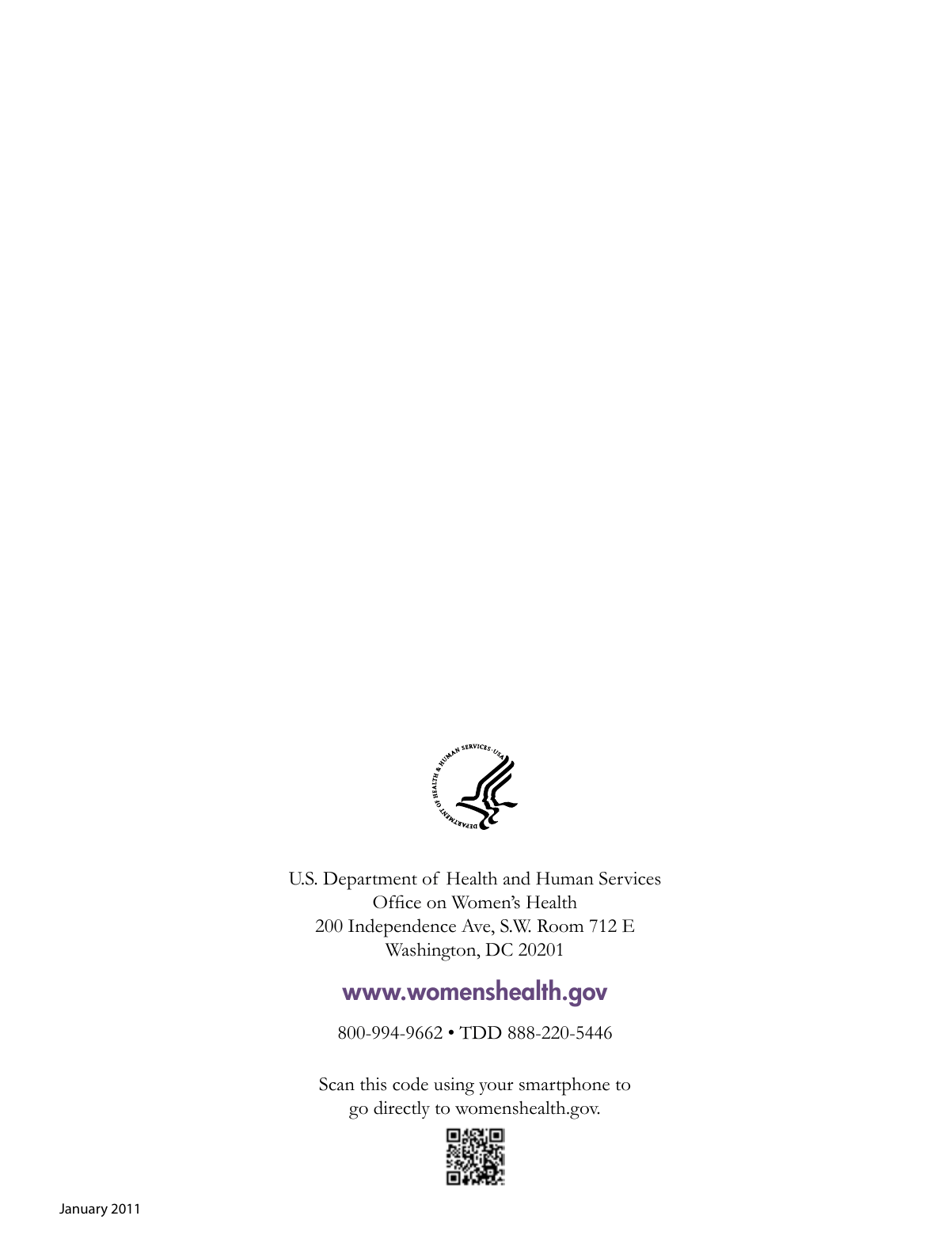Your Guide to Breastfeeding
Your Guide to Breastfeeding is a 48-page legal document that was released by the U.S. Department of Health and Human Services on January 1, 2011 and used nation-wide.
FAQ
Q: What are the benefits of breastfeeding?
A: Breastfeeding provides essential nutrients for the baby and helps build their immune system.
Q: How long should I breastfeed my baby?
A: The American Academy of Pediatrics recommends breastfeeding exclusively for the first six months and continuing until at least one year with the addition of solid foods.
Q: How often should I breastfeed?
A: Newborns typically breastfeed every 2-3 hours, and as they grow, the frequency decreases to about every 3-4 hours.
Q: How can I increase my milk supply?
A: Staying hydrated, nursing frequently, and pumping between feedings can help increase milk supply.
Q: Are there any foods to avoid while breastfeeding?
A: Some nursing mothers find that certain foods or beverages can cause fussiness or digestive issues in their babies, so it's recommended to pay attention to your baby's reaction to certain foods.
Q: Can I breastfeed in public?
A: Yes, breastfeeding in public is legal and protected by law in all 50 states.
Q: How do I know if my baby is getting enough milk?
A: Signs that your baby is getting enough milk include steady weight gain, six or more wet diapers a day, and regular bowel movements.
Q: Can I breastfeed if I have inverted nipples?
A: Yes, many women with inverted nipples are able to breastfeed successfully. Techniques such as breast shells or nipple shields may be helpful.
Q: What should I do if I experience pain while breastfeeding?
A: Pain while breastfeeding could be a sign of latch issues or other problems. Seeking support from a lactation consultant can help address the issue.
Q: When should I start pumping breast milk?
A: You can start pumping breast milk as early as a few weeks after birth, once breastfeeding is well established.
Form Details:
- The latest edition currently provided by the U.S. Department of Health and Human Services;
- Ready to use and print;
- Easy to customize;
- Compatible with most PDF-viewing applications;
- Fill out the form in our online filing application.
Download a printable version of the form by clicking the link below or browse more legal forms and templates provided by the issuing department.
